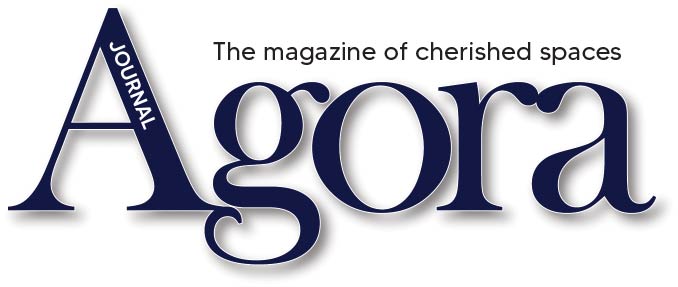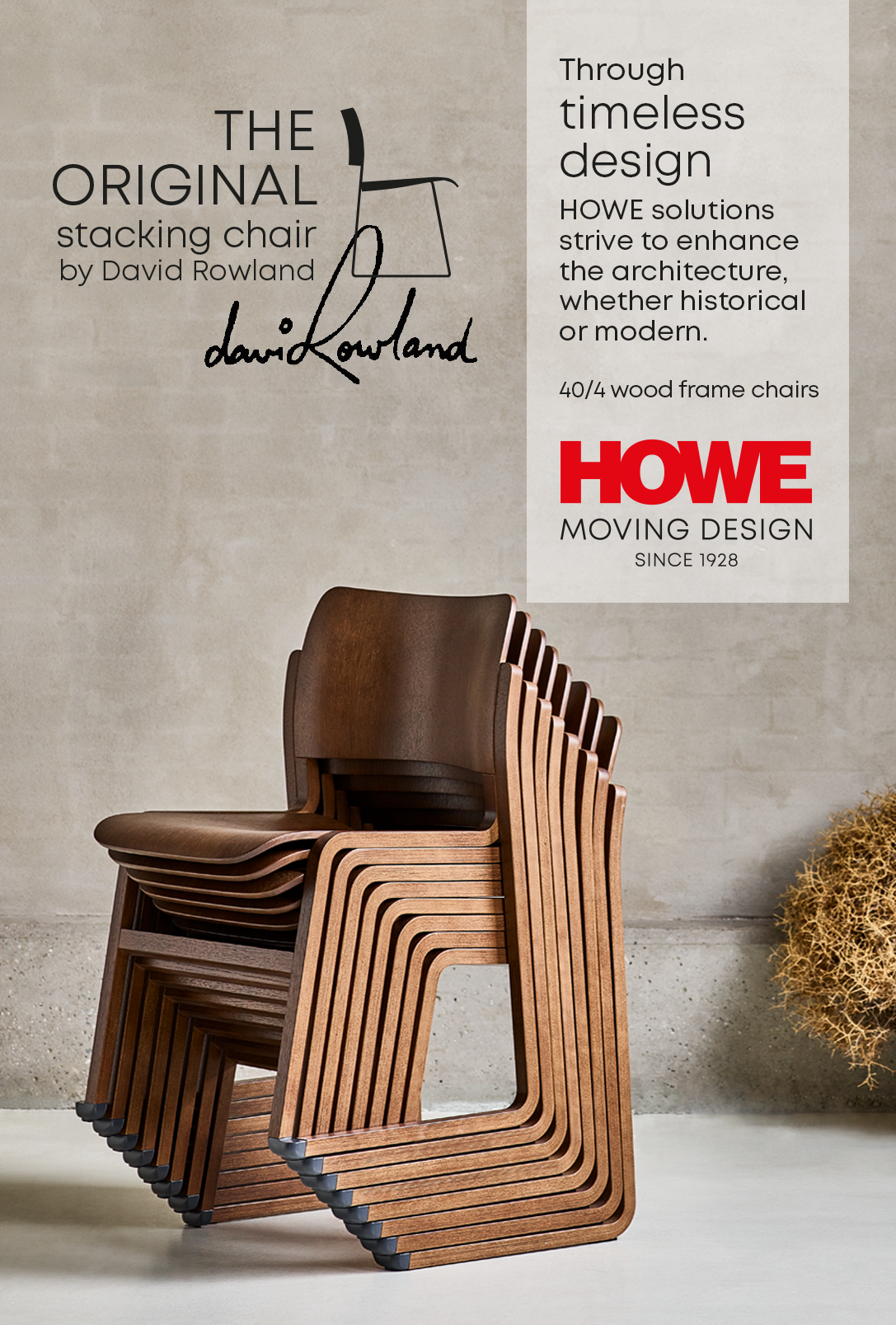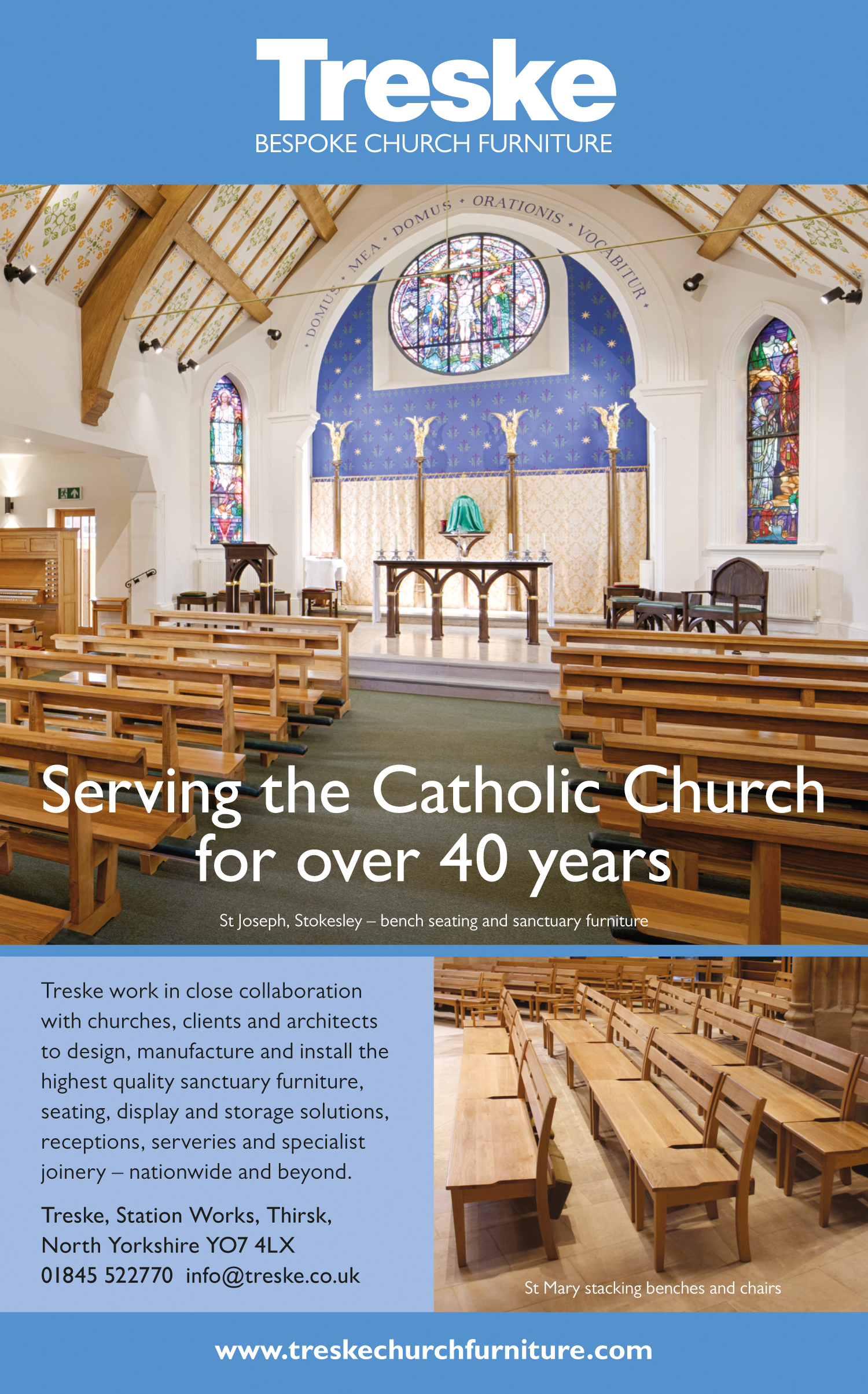A Durham city architect is up for a prestigious national award after completing the region’s ‘first zero-carbon retrofit’.
Mark Siddall of LEAP (Low Energy Architectural Practice), in Crossgate Moor, will find out at an awards ceremony in London on 28th January whether Shepherd’s Barn in Lanchester has earned a National Local Authority Building Control Award.
The innovation, called Passivhaus, has made the property 60 times more draught-proof than required for a new build. It won a Local Authority Building Control (LABC) Award last year for its environmentally-friendly features.
Passivhaus is the only internationally recognised, performance-based energy standard in construction. Shepherd’s Barn is the North East’s first Passivhaus retrofit home.
The one-and-a-half-story home sits in a valley and has been designed to minimise the energy used for heating and hot water, while providing comfort all year round.
The building achieves zero carbon status with insulation, ventilation heat recovery and draught proofing. It has solar panels, a Tesla power wall makes creative use of brownfield land.
Existing materials were retained wherever possible and new materials were chosen with carbon usage borne in mind wherever practical. An added benefit is that heating bills are about 80% less than the average UK home.
LEAP say that to test the system last February, the owners of Shepherd’s Barn switched off the heating system to see how long they could remain comfortable during cold weather.
Ten days later they switched the heating back on, at which point the average temperature was 18.5C. A nearby regular 1920s semi-detached house which also took part in the challenge survived for less than 11 hours as the average temperature fell below 17C.
Mark said: “Winning the regional LABC award was a proud moment for LEAP and our clients Paul and Sonny Shepherd. We’ll be even prouder if we can follow it up by winning the national LABC award.
“But the most important thing about being shortlisted for the award is the opportunity it gives us to highlight what retrofitting existing buildings can actually achieve.
“Not only can we create warm, cosy, comfortable homes but we can also reduce energy use and drastically cut carbon emissions.
“Residential and commercial properties are one of the biggest causes of greenhouse gas emissions.”
Story courtesy Sunderland Echo






